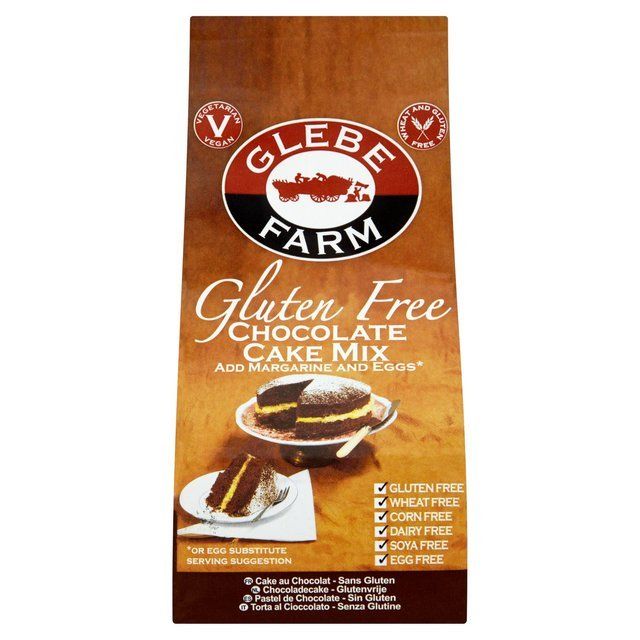 This was written by freelance writer, Catherine.
This was written by freelance writer, Catherine.
Many people go on diets – some stick to them, others jump between fad diets and the latest ‘superfood’ to try and get a shortcut to a healthy life. But for other people, diets are enforced due to medical reasons. The moment when your doctor hands in a piece of paper will divide your life into two periods, before and after this. On that paper you’ll find two columns, the first one lists the foods that are prohibited, and the second section contains recommended products. And, unfortunately, the first column will appear to be much longer than the second one. In the case of Celiac disease and gluten intolerance, to be healthy you’d have to eliminate doughnuts, pasta, beer, bread, muffins, sauces, pastries, cakes and other tasty foods. Such a woeful perspective can make anybody depressed. From now it seems that your energy should be channeled into searching for substitutes of foods you like the most.
But don’t worry! There are a range of gluten free products available, and even specialist gluten free shops. And with a bit of know-how, you’ll soon discover that there are many natural gluten free foods you can add to your diet.
But first, just a few words about gluten and gluten related disorders. Gluten is the protein that wheat, rye and barley contain. It inflames the small intestine of people suffering from the Celiac Disease. And, as a result, important nutrients are not properly absorbed. The body reactions to deficiency vary from fatigue to anemia, diarrhea, weight loss and bone pain. Sometimes the Celiac disease may not reveal itself at all. Another disorder requiring gluten free diet is non celiac gluten sensitivity or intolerance. The symptoms are nearly the same, but gluten does not affect the small intestine. People who may also need the substitutes of gluten are those who do not suffer from any disease, but consider gluten harmful.
- Good news is that meat, fish, beans, nuts, fruits and vegetables should not be replaced. They do not naturally contain gluten. You may still enjoy dishes prepared from them. Use ground flax seeds and chia seeds instead of breading.
- Buckwheat, quinoa, corn, rice, sorghum can be pleased to substitute wheat, rye and barley. Take special notes of oats – they are gluten free, but often are contaminated with gluten during production. Make sure you go after explicitly gluten free oats.
- Beer may be replaced only with gluten free beer, and nowadays breweries offers decent alternatives to beer with gluten – here’s 12 of the best.
- Processed food (ice-cream, toppings, chocolate and so on) usually has gluten. Home–made ice-cream, sauces and cakes will be the best and safe substitutes.
- A gluten free chocolate cake will be the best closing recommendation. It is a direct demonstration that gluten free desserts may be delicious and mouthwatering. Host a party in honor of your gluten free diet and treat your guests with a cake!



